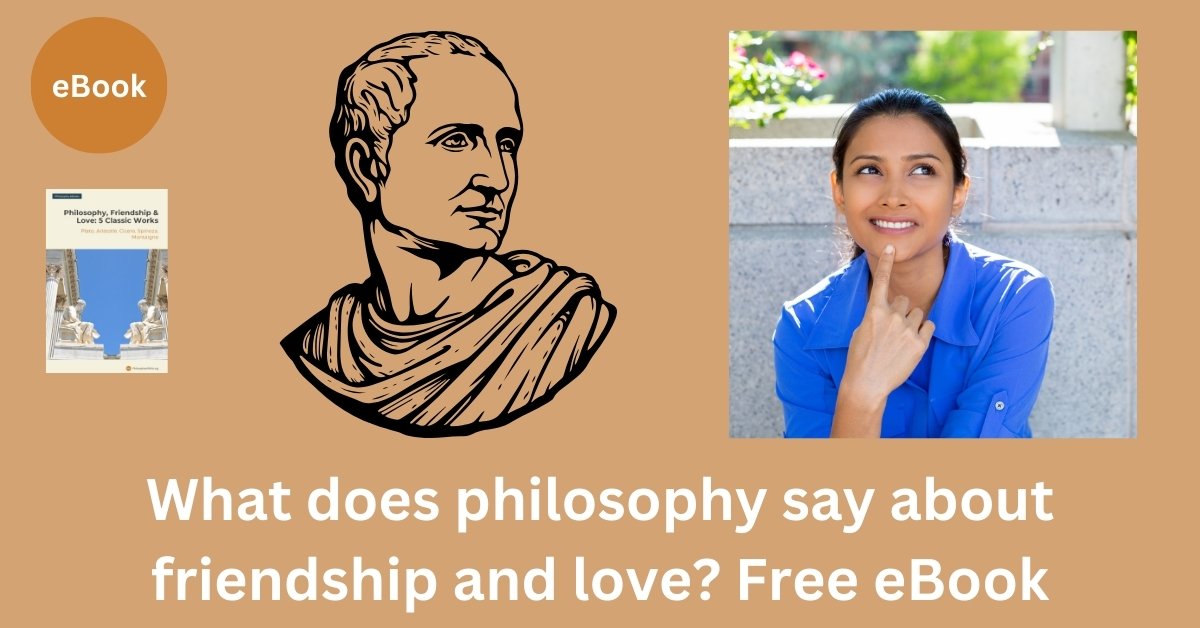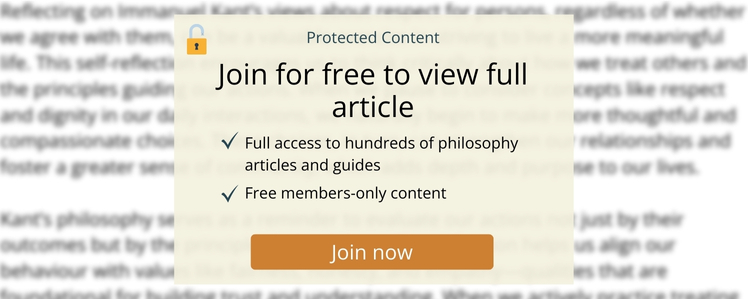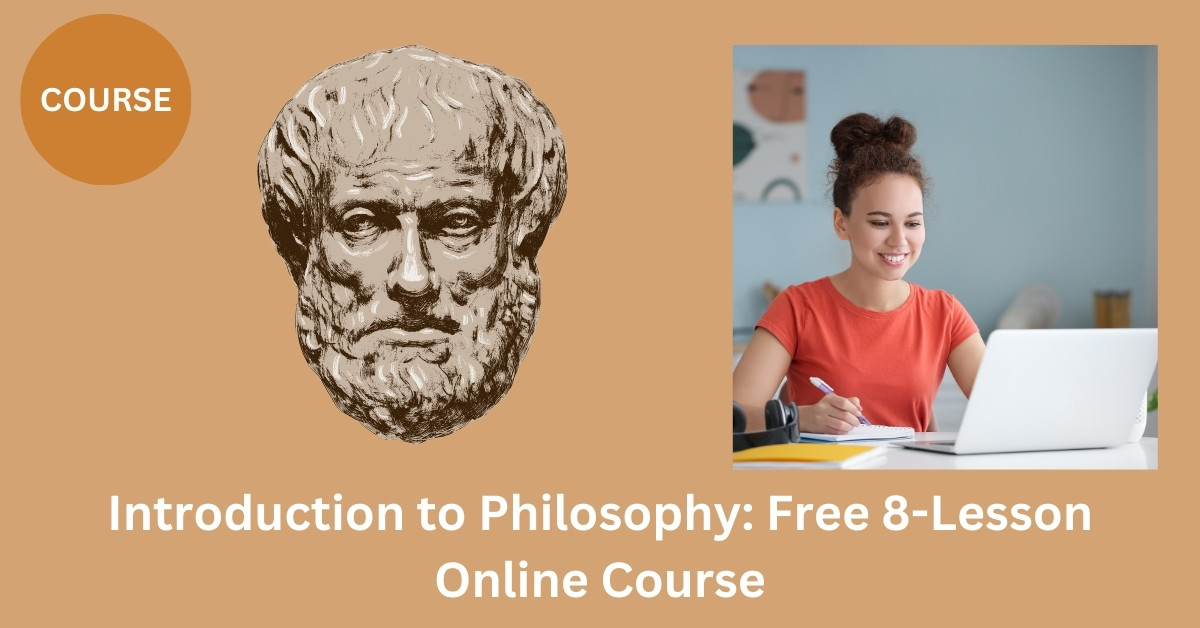Understanding Aristotle’s philosophy and the concept of teleology can play a crucial role in shaping one’s approach to the philosophy of life. While many individuals have heard of teleology, its importance within Aristotle’s thought is often misunderstood or overlooked. Gaining a clear understanding of this idea can profoundly influence how we develop and refine our own philosophical perspectives. This article will explore Aristotle’s philosophy, the principle of teleology, and their significance in guiding the way we think about and approach life.
Key features of Aristotle’s philosophy

Aristotle’s philosophy is grounded in the pursuit of knowledge and understanding the natural world. He believed that everything has a purpose, which he referred to as its “final cause.” Aristotle categorized knowledge into three branches: theoretical, practical, and productive. Theoretical knowledge focuses on seeking truth through fields like science and metaphysics; practical knowledge is about ethics and politics, examining how people should live and govern themselves; and productive knowledge involves creating things, such as art or tools.
One of Aristotle’s key ideas is the concept of virtue, which he saw as the balance between extremes. For example, courage is the virtue that lies between recklessness and cowardice. He argued that achieving a virtuous life leads to eudaimonia, a state of happiness and fulfillment. Aristotle also made major contributions to logic, developing a system of reasoning that became the foundation for much of Western thought.
Another essential part of his philosophy is his emphasis on observation and empirical evidence. Unlike his teacher Plato, who focused on abstract ideals, Aristotle prioritized studying the physical world to understand reality. His work has influenced countless areas, including science, ethics, politics, and education. By combining careful observation with deep questions about how we should live, Aristotle created a philosophical system that remains widely studied and admired today.
What is teleology?
Aristotle’s view of teleology is deeply rooted in his understanding of nature and purpose. For Aristotle, everything in the natural world has a purpose or end goal, which he calls its “telos.” This means that all things are directed toward fulfilling their ultimate purpose or function. Aristotle believed that this natural order was inherent in the design of the universe, where every entity, living or non-living, is working toward achieving its potential.
He saw teleology as a way to explain why things exist and behave the way they do. Rather than viewing nature as random or chaotic, Aristotle thought that everything is structured and ordered to achieve specific outcomes. He argued that understanding the purpose of something is key to truly knowing and defining it. For Aristotle, this idea applied not only to living creatures but also to objects and systems in nature.
To Aristotle, teleology was a guiding principle that helped explain change and development. He connected this idea closely to his concept of the “four causes,” particularly the final cause, which explains the purpose or goal of a thing. This teleological perspective laid the foundation for much of his philosophical and scientific thought. Aristotle’s belief in the purposeful nature of the universe has been a significant influence on many areas of philosophy throughout history.
This example helps demonstrate this philosophical perspective. Aristotle’s view about teleology can be seen in his explanation of natural processes. For instance, he observed that every living thing seems to have a purpose or goal. Take an acorn, for example. According to Aristotle, an acorn doesn’t just exist without reason—it is naturally directed towards becoming an oak tree. This growth is not accidental; it is the acorn’s inherent purpose or “end.” Similarly, other natural processes and entities appear to move toward fulfilling their specific potential. Aristotle believed this purposeful nature applied to every element of the natural world. The idea is evident in how plants grow toward sunlight or how animals instinctively seek food and shelter. By observing such patterns, he concluded that nature works with intentionality, aiming at specific outcomes, reflecting a design within natural things to fulfill their ultimate purpose.
Challenges to Aristotle’s view about teleology
Some philosophers object to or reject Aristotle’s view about teleology because they find it problematic to assume that all things have an inherent purpose or end goal. One of the primary criticisms comes from the scientific perspective, where many philosophers argue that natural phenomena can often be explained without reference to purpose. For example, evolutionary theory provides a framework for understanding the development of life through random variation and natural selection, without needing to assume that organisms are designed for any specific purpose. This clashes with the teleological view, which suggests that natural entities either inherently or intentionally work towards a specific end.
Another reason philosophers reject teleology is due to suspicion of anthropocentrism, or the projection of human characteristics onto the universe. Teleological explanations often seem to imply reasoning or intentionality behind natural systems, which critics argue is unjustified. They suggest that humans tend to impose patterns or meanings where none exist, reflecting human-centric biases rather than the reality of nature. By relying on teleological reasoning, one might be ascribing purpose where there is merely chance, coincidence, or causal mechanisms at work.
Additionally, teleology has been criticized for its limitations in predictive power and falsifiability. Modern science often relies on testable and measurable hypotheses to explain phenomena, but teleological explanations can be vague or speculative. For example, it’s challenging to definitively prove or disprove that a natural entity has a specific purpose, which makes teleological claims less useful within empirical frameworks. Philosophers aligned with empirical or mechanistic worldviews tend to favour explanations rooted in observable cause-and-effect relationships rather than purpose-driven narratives.
Lastly, some philosophers argue that teleological thinking could hinder intellectual progress by encouraging people to accept purpose-based answers rather than seeking deeper, mechanistic explanations. They worry it may lead to complacency in inquiry, where the search for causality stops at the assumption of a purpose or goal. By rejecting teleology, philosophers aim to promote more rigorous and open-ended exploration of the world. These objections highlight the shift in perspective that accompanied the rise of modern science and philosophical realism, moving away from purpose-driven explanations in favour of objective, evidence-based analysis.
Why teleology is important to Aristotle’s philosophy
These are some of the main reasons why grasping the concept of teleology is essential to comprehending Aristotle’s philosophy.
- Connection Between Purpose and Nature
Teleology emphasizes the idea that everything in nature has a purpose or end goal. This concept helps to explain how natural processes are not random but instead have specific functions or aims. By understanding teleology, one can better grasp how Aristotle views the relationship between beings and their purpose within the natural world. For instance, a tree’s purpose might be to grow, produce fruit, and contribute to its ecosystem. Reflecting on purpose allows for a deeper appreciation of the inherent organization and intention found in nature, which is central to Aristotle’s philosophical system.
- Explanation of Ethical Life
Teleology is essential for understanding Aristotle’s views on ethics, as it sheds light on the ultimate goal of human life. By exploring what purpose or “end” human beings naturally aim for, teleology provides the framework for understanding human behavior and the pursuit of a fulfilling life. Aristotle links moral virtues and actions to achieving this goal, which makes teleology a key concept in comprehending personal development and ethical living. Without this perspective, one might overlook the role of purpose in guiding moral decisions and achieving happiness.
- Framework for Understanding Change and Existence
The idea of teleology also provides insights into how Aristotle interprets change and existence. Through teleology, one can see that all processes in the world are directed toward an end or final cause. This helps to make sense of why things happen the way they do and offers a structured way of viewing the world. For example, understanding why a seed grows into a plant can be framed through teleology—it grows because it has the purpose of becoming a mature plant. This perspective underscores how purpose is central to interpreting the actions and transformations of things around us.
Contrasting Aristotle’s philosophy with Immanuel Kant
Aristotle’s view on teleology, which focuses on the idea that everything in nature has a purpose or an end goal (its “final cause”), sets him apart from Immanuel Kant in significant ways. For Aristotle, understanding something means examining its purpose or function in the grand design of nature. This contrasts with Kant’s philosophy, where purpose is not inherent in nature but is instead applied by human reason. Kant believed that humans impose their own sense of order and meaning onto the world through their rational minds, rather than discovering it as an objective fact already present in nature.
Another key difference lies in their approach to ethics. Aristotle often links teleology to human flourishing, or eudaimonia, which is achieved by fulfilling one’s purpose. On the other hand, Kant’s ethical philosophy is rooted in duty and the categorical imperative—a principle that guides moral action based on universal laws established by reason, rather than by the pursuit of a specific purpose or end. This shift from a purposive natural order to a rational, duty-based framework highlights how Kant diverges from Aristotle’s teleological grounding.
Ultimately, Aristotle views purpose as embedded in the natural world, shaping both life and morality, while Kant emphasizes the active role of human reason in interpreting and creating moral order. Their differing views reflect broader contrasts between ancient and modern approaches to philosophy.
Teleology, Aristotle’s philosophy and the philosophy of life
Reflecting on Aristotle’s perspective about teleology, regardless of whether you agree with it, holds significant practical importance when developing your own philosophy of life. Teleology, in simple terms, is the idea that everything has a purpose, an end goal, or a reason for being. Pondering this notion encourages us to think deeply about our actions, choices, and aspirations. It pushes us to question our intentions and find meaning in what we do. Even if you reject the idea of inherent purposes, asking these questions helps clarify what you value most and what kind of life you want to lead.
When building your personal philosophy, considering views like Aristotle’s creates an opportunity to critically examine your beliefs. For example, thinking about teleology may inspire you to ask whether you believe in living a life centered on achieving specific goals or if you see life as a series of random, unfolding events. This reflection alone can help you become more intentional in how you work towards the things that matter to you. By wrestling with such ideas, you develop a sense of direction that feels authentic and aligned with your values.
Additionally, engaging with Aristotle’s philosophy reminds us of the interconnectedness of our actions. Even if you think purposes are subjective and constructed rather than inherent, the process of identifying those purposes forces you to look at how your life fits into the bigger picture. It can remind you of the impact your choices have on others and the world around you. This perspective can nurture empathy and a deeper commitment to building a life that contributes positively to the well-being of others.
Finally, reflecting on philosophies like Aristotle’s encourages intellectual growth. It challenges you to look beyond the surface of daily routines and decisions to uncover deeper truths about yourself. This process can help you build resilience, clarify priorities, and establish a guiding framework for navigating life’s uncertainties. Whether you agree with teleology or not, the act of engaging with such ideas can lead to a richer, more reflective, and purpose-driven way of living.
Further reading
Aristotle. (1999). Physics (W. Charlton, Trans.). Oxford University Press. (Original work published c. 4th century BCE)
Aristotle. (1984). The Complete Works of Aristotle, Vol. 1 & 2 (J. Barnes, Ed.). Princeton University Press.
Balme, D. M. (1987). Aristotle’s De Partibus Animalium I and De Generatione Animalium I (with passages from II.1-3). Oxford University Press.
Charles, D. (2000). Aristotle on Meaning and Essence. Oxford University Press.
Cooper, J. M. (1975). Reason and Human Good in Aristotle. Harvard University Press.
Frede, D., & Striker, G. (Eds.). (1996). Rationality in Greek Thought. Oxford University Press.
Gotthelf, A. (1987). Aristotle on Teleology. Oxford University Press.
Lear, J. (1988). Aristotle: The Desire to Understand. Cambridge University Press.
Lennox, J. G. (2001). Aristotle’s Philosophy of Biology: Studies in the Origins of Life Science. Cambridge University Press.
Taylor, H. M. (1999). Aristotle and Natural Teleology. Oxford University Press.


